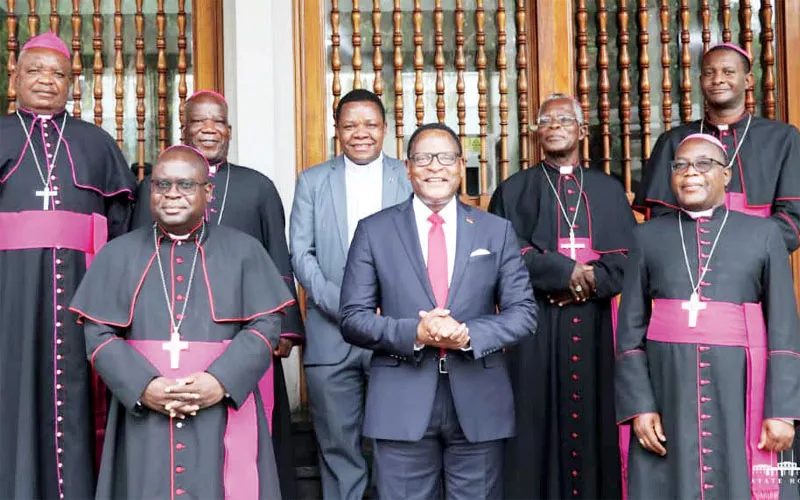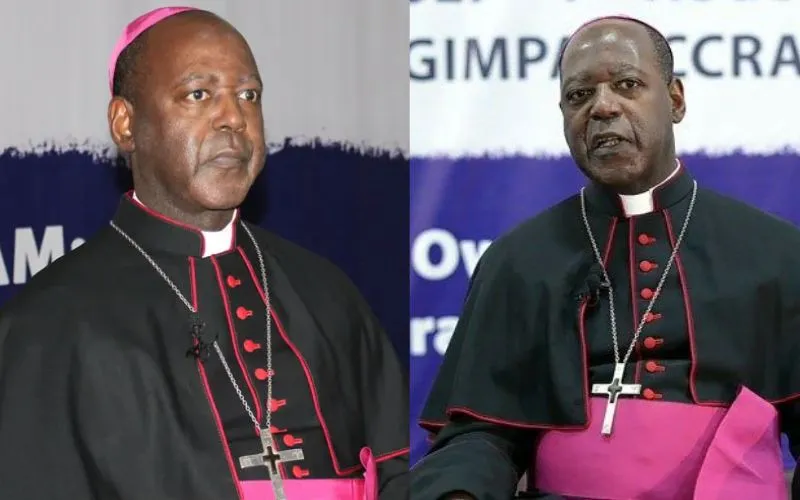They describe corruption as a “cancer”, which they say is becoming an accepted way of doing things in the Southeastern African country.
ECM members lament that corruption is causing havoc across several arenas of governance and service provision, adding, “In line with the Tonse Alliance campaign promises, Malawians expected the Government and relevant agencies entrusted with leading the fight against corruption to decisively and effectively combat this social ill that has become a cause for worry.”
“The way the fight against corruption is being waged is posing more questions than answers: Is there a serious cooperation and coordination among government institutions mandated to deal with corruption? Why is there a lack of noticeable progress on many corruption cases that involve the politically and business connected?” they pose.
They note that honest and decisive leadership on corruption, especially regarding high profile cases and high profile persons, would send a resounding signal of serious determination to eliminate corruption in Malawi.
They say, “It is also the Church's considered view that certain bureaucratic elements within the legal and institutional framework have deliberately derailed the fight against corruption.”
(Story continues below)
According to the Catholic Bishops, the cry of the poor is getting louder and louder in the country each day.
The cry, Catholic Bishops in Malawi note, is caused by, among other things, the worsening general inflation with biting food price increases, rising youth unemployment, rising school fees, and inadequate medical services.
Other causes of the crises in the country include the fuel crisis driving up transport costs, exploitation by unscrupulous traders and business people, foreign exchange shortages, and lack of effective consumer protection.
ECM members say that to truly respond to “the cry of the poor” requires bold and viable public policy actions.
They however express regret that such public policy actions are being prevented and undermined by the vice of corruption, among other vices in the country.
In their set of proposals to alleviate the suffering of the poor in Malawi, ECM members suggest that the country’s government “immediately” and “creatively” addresses the problem of food security.
They call upon the Tonse Alliance partners to desist from what they describe as “worthless and needless” politicking focusing attention on 2025 general elections and instead focus their attention on governing Malawi in a way motivated by fairness for all and true development of the country.
The Catholic Church leaders find it unfortunate that Malawians who voted and ushered in a new government have observed that its way of governing is characterized by “internal bickering, jostling for political clout, cronyism, nepotism, focusing on narrow selfish political interests and disjointed stances on public policy by alliance partners.”
According to the Bishops, the current poor leadership in Malawi is a serious cause for worry as it undermines meaningful development, which would enhance the lives of people, especially the poor in the country.
“Malawians are tired of politicians who keep fighting for political power before, during, after and in between elections without regard to the development needs of the electorate,” they say, and add, “We call upon the Tonse Alliance partners as national leaders to collectively guide the people to the attainment of a better Malawi for all.”
ECM members call for collaboration of all involved agencies in the fight against corruption, and for the government to ensure that the Public Sector Review Systems Task Force's report is made public and acted upon.
They further call for urgent social protection measures to cushion the poor from socio-economic hardships and effective safeguards to protect consumers from what they refer to as an often hostile and exploitative commodity market.
Agnes Aineah is a Kenyan journalist with a background in digital and newspaper reporting. She holds a Master of Arts in Digital Journalism from the Aga Khan University, Graduate School of Media and Communications and a Bachelor's Degree in Linguistics, Media and Communications from Kenya's Moi University. Agnes currently serves as a journalist for ACI Africa.








